Methods
Recent articles
New tool may help untangle downstream effects of autism-linked genes
The statistical approach helps scientists better control for both measured and unmeasured confounders in gene-expression data, revealing causal relationships between autism-linked genetic variants and downstream cellular effects, such as impaired neuron development.
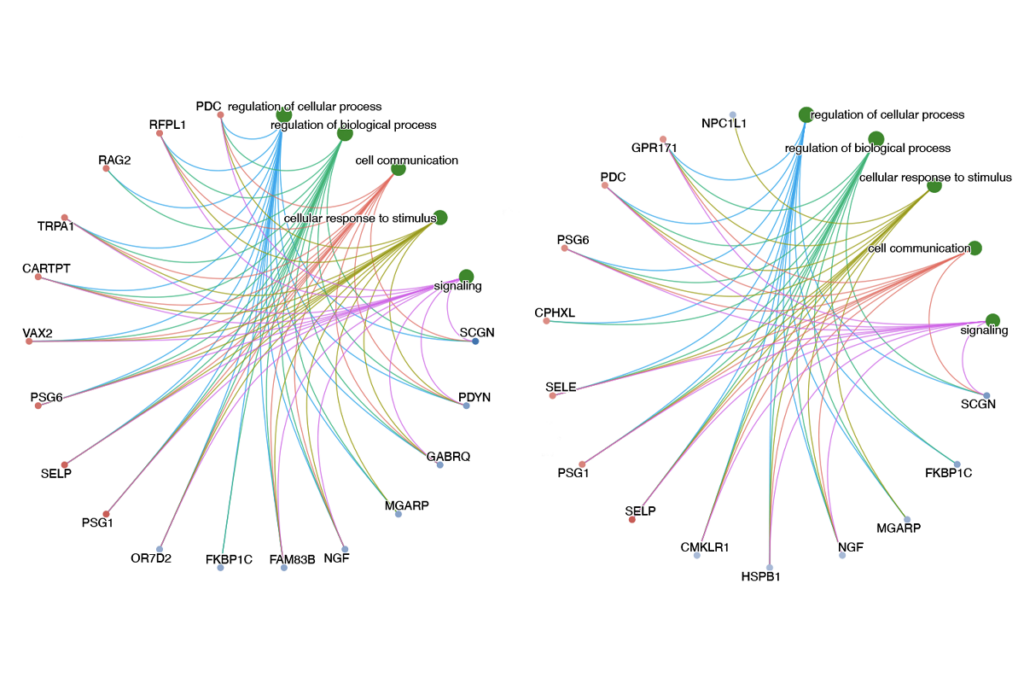
New tool may help untangle downstream effects of autism-linked genes
The statistical approach helps scientists better control for both measured and unmeasured confounders in gene-expression data, revealing causal relationships between autism-linked genetic variants and downstream cellular effects, such as impaired neuron development.
Accepting “the bitter lesson” and embracing the brain’s complexity
To gain insight into complex neural data, we must move toward a data-driven regime, training large models on vast amounts of information. We asked nine experts on computational neuroscience and neural data analysis to weigh in.
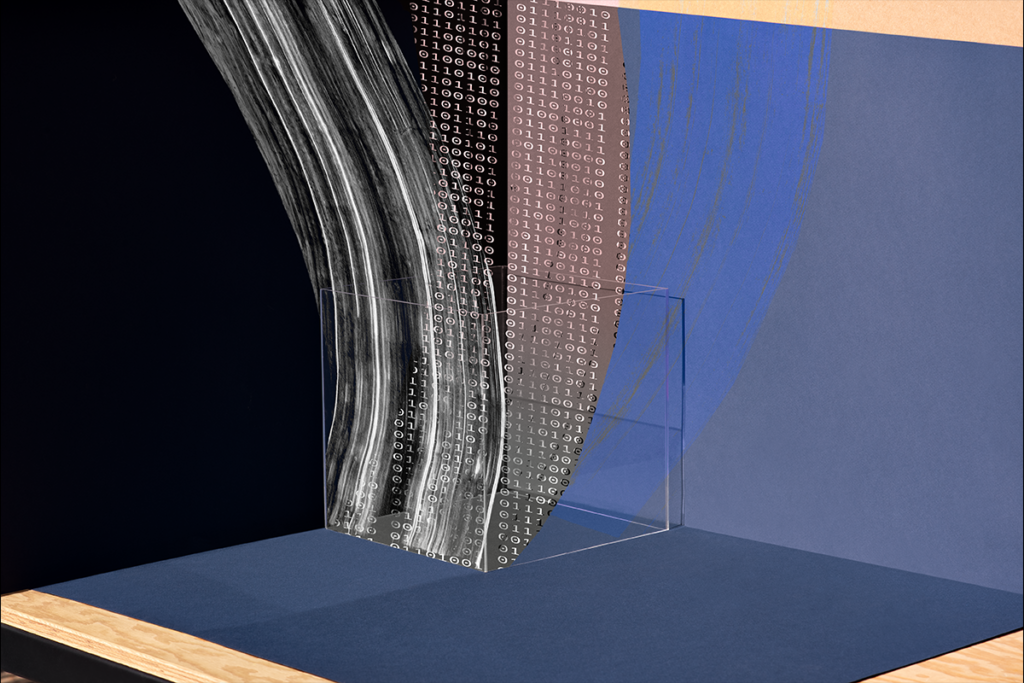
Accepting “the bitter lesson” and embracing the brain’s complexity
To gain insight into complex neural data, we must move toward a data-driven regime, training large models on vast amounts of information. We asked nine experts on computational neuroscience and neural data analysis to weigh in.
Bespoke photometry system captures variety of dopamine signals in mice
The tool tracks the excitation of an engineered protein that senses dopamine’s absolute levels, including fast and slow fluctuations in real time, and offers new insights into how the signals change across the brain.
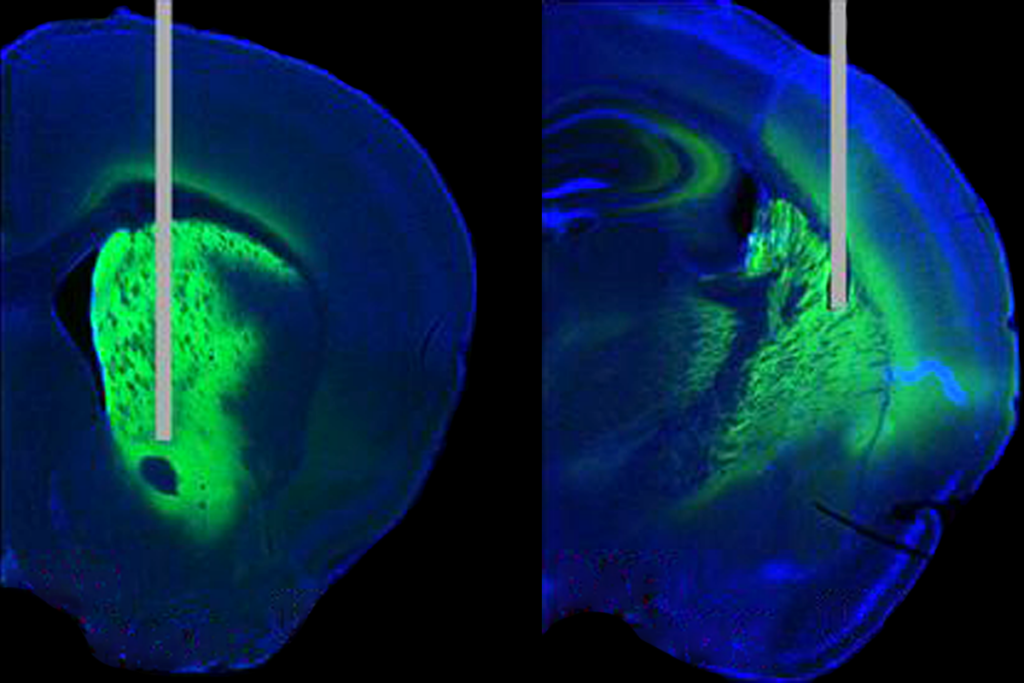
Bespoke photometry system captures variety of dopamine signals in mice
The tool tracks the excitation of an engineered protein that senses dopamine’s absolute levels, including fast and slow fluctuations in real time, and offers new insights into how the signals change across the brain.
How tiny tardigrades could help tackle systems neuroscience questions
The eight-legged, millimeter-long animals reveal how small nervous systems produce complex behaviors and perceptual abilities, a preprint suggests.
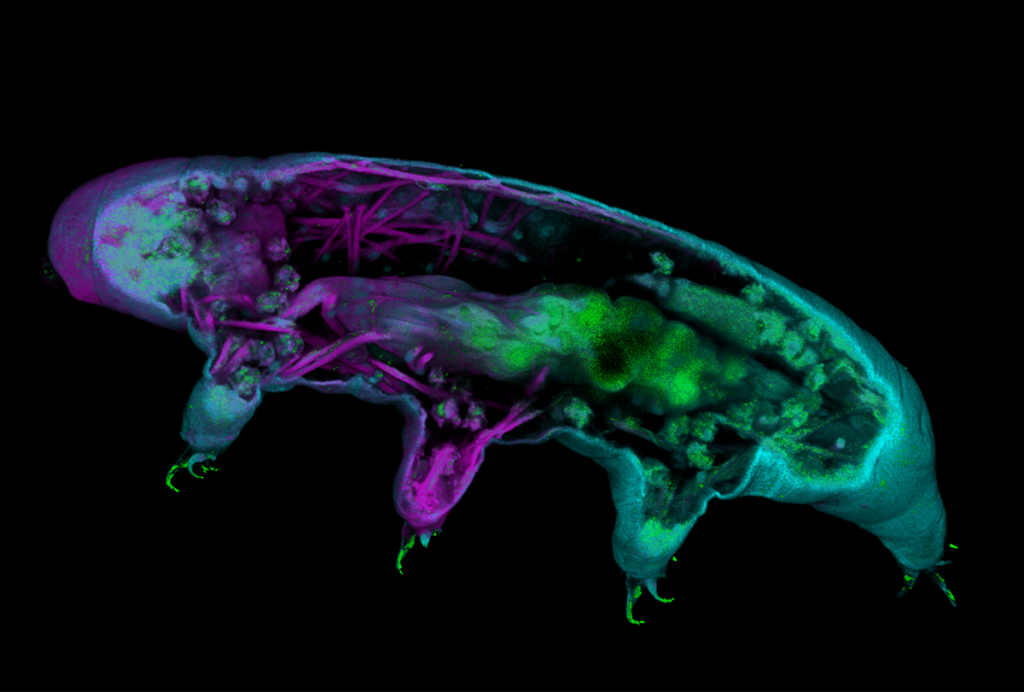
How tiny tardigrades could help tackle systems neuroscience questions
The eight-legged, millimeter-long animals reveal how small nervous systems produce complex behaviors and perceptual abilities, a preprint suggests.
The limits of neuroscience
Truly understanding the brain requires a set of conditions we’re unlikely to meet: that knowledge about the brain is finite, and that we have both access to that knowledge and the means to understand it.

The limits of neuroscience
Truly understanding the brain requires a set of conditions we’re unlikely to meet: that knowledge about the brain is finite, and that we have both access to that knowledge and the means to understand it.
Breaking the barrier between theorists and experimentalists
Many neuroscience students are steeped in an experiment-first style of thinking that leads to “random walk science.” Let’s not forget how theory can guide experiments toward deeper insights.
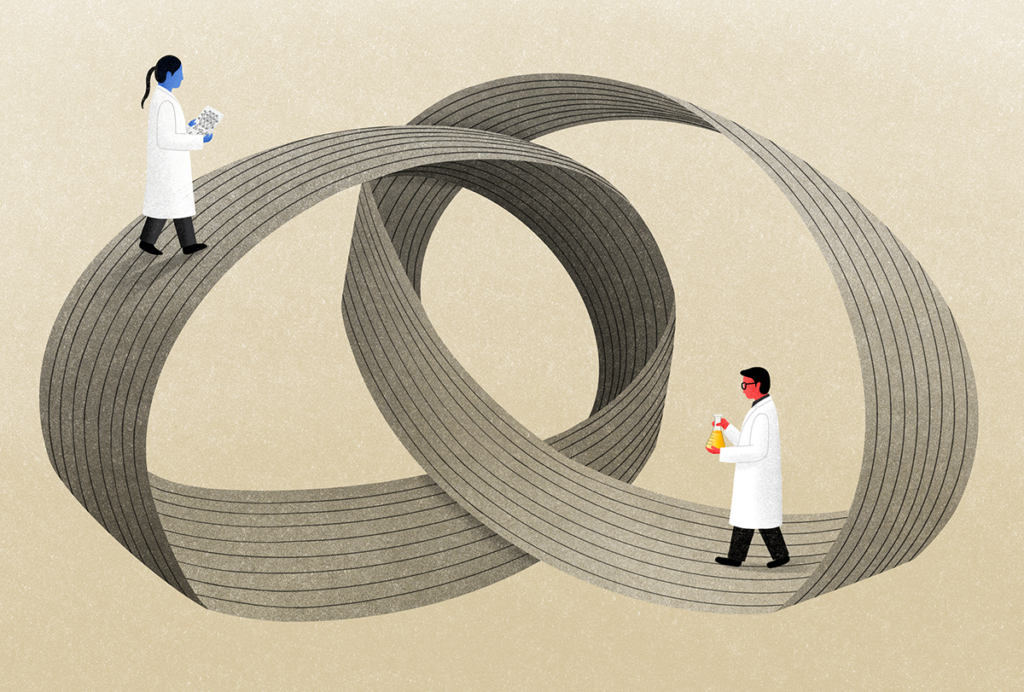
Breaking the barrier between theorists and experimentalists
Many neuroscience students are steeped in an experiment-first style of thinking that leads to “random walk science.” Let’s not forget how theory can guide experiments toward deeper insights.
Claims of necessity and sufficiency are not well suited for the study of complex systems
The earliest studies on necessary and sufficient neural populations were performed on simple invertebrate circuits. Does this logic still serve us as we tackle more sophisticated outputs?
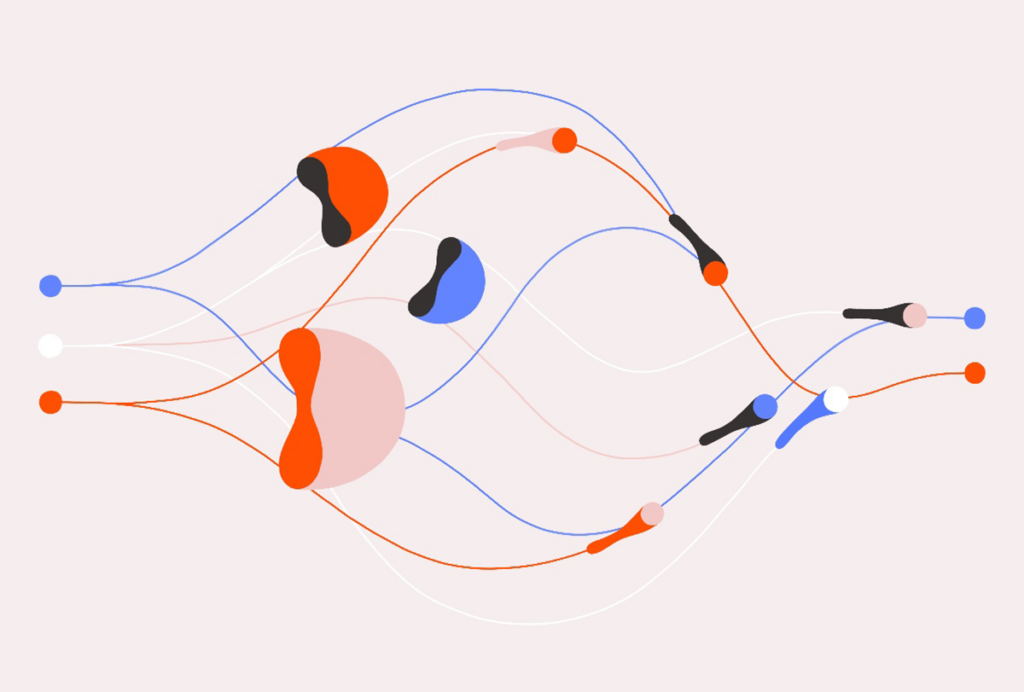
Claims of necessity and sufficiency are not well suited for the study of complex systems
The earliest studies on necessary and sufficient neural populations were performed on simple invertebrate circuits. Does this logic still serve us as we tackle more sophisticated outputs?
Plaque levels differ in popular Alzheimer’s mouse model depending on which parent’s variants are passed down
5XFAD model mice that inherit two disease-related genes from their fathers have double the plaques seen in those with maternal inheritance, a new study shows.
Plaque levels differ in popular Alzheimer’s mouse model depending on which parent’s variants are passed down
5XFAD model mice that inherit two disease-related genes from their fathers have double the plaques seen in those with maternal inheritance, a new study shows.
Protocol-sharing site aims to ease administrative burden of animal research
The library of regulatory-compliant animal procedures offers experimental standards and specific language that researchers can borrow for their own legal paperwork.

Protocol-sharing site aims to ease administrative burden of animal research
The library of regulatory-compliant animal procedures offers experimental standards and specific language that researchers can borrow for their own legal paperwork.
Digitization of ‘breathtaking’ neuroanatomy slide collection offers untapped research gold mine
Thousands of histological sections of vertebrate brains—including from spiny dogfish, turtles and more—are newly available online.
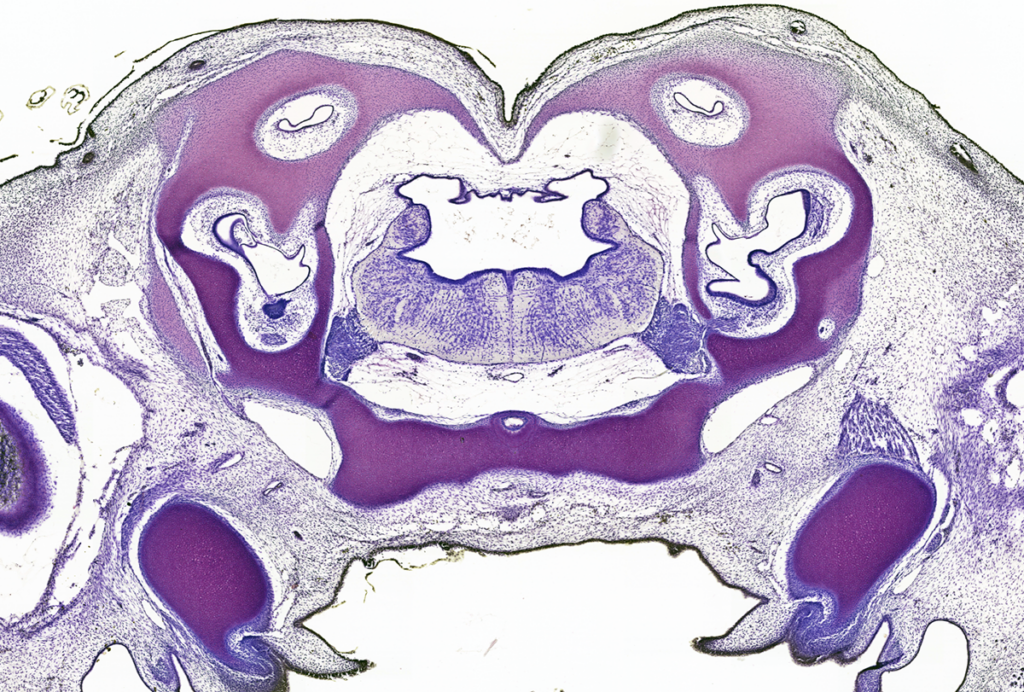
Digitization of ‘breathtaking’ neuroanatomy slide collection offers untapped research gold mine
Thousands of histological sections of vertebrate brains—including from spiny dogfish, turtles and more—are newly available online.
Explore more from The Transmitter
Who funds your basic neuroscience research? Help The Transmitter compile a list of funding sources
We want to hear from you about the sources of funding for your research.
Who funds your basic neuroscience research? Help The Transmitter compile a list of funding sources
We want to hear from you about the sources of funding for your research.
The future of neuroscience research at U.S. minority-serving institutions is in danger
Cuts to federally funded programs present an existential crisis for the University of Puerto Rico’s rich neuroscience community and for research at minority-serving institutions everywhere.

The future of neuroscience research at U.S. minority-serving institutions is in danger
Cuts to federally funded programs present an existential crisis for the University of Puerto Rico’s rich neuroscience community and for research at minority-serving institutions everywhere.
Unexpected astrocyte gene flips image of brain’s ‘stalwart sentinels’
The genetic marker upends the accepted orientation of non-star-like astrocytes in the glia limitans superficialis.
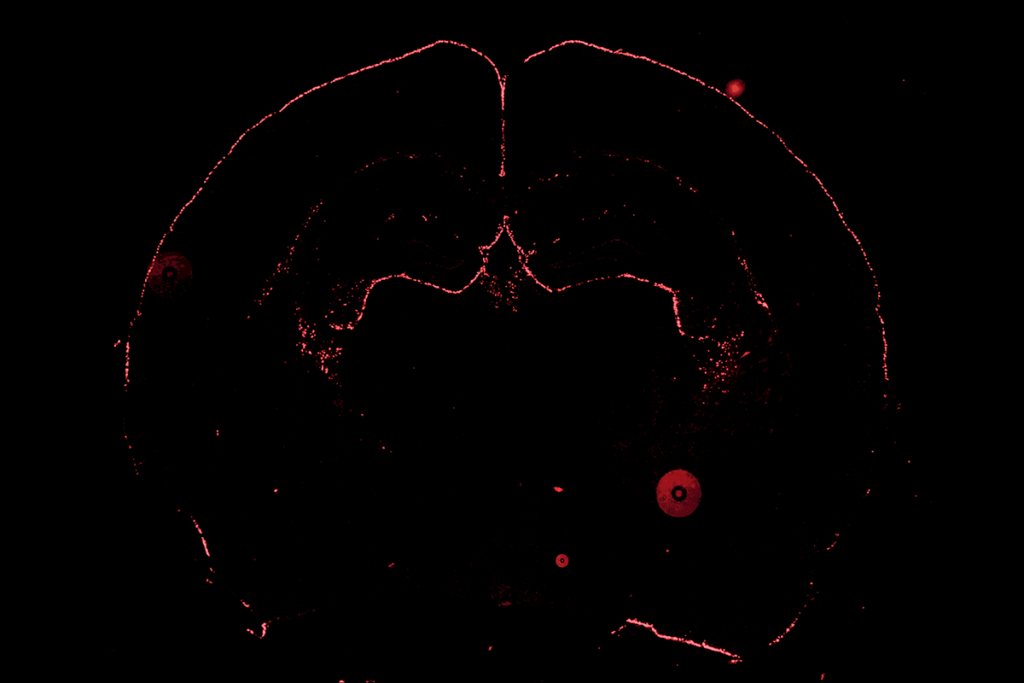
Unexpected astrocyte gene flips image of brain’s ‘stalwart sentinels’
The genetic marker upends the accepted orientation of non-star-like astrocytes in the glia limitans superficialis.